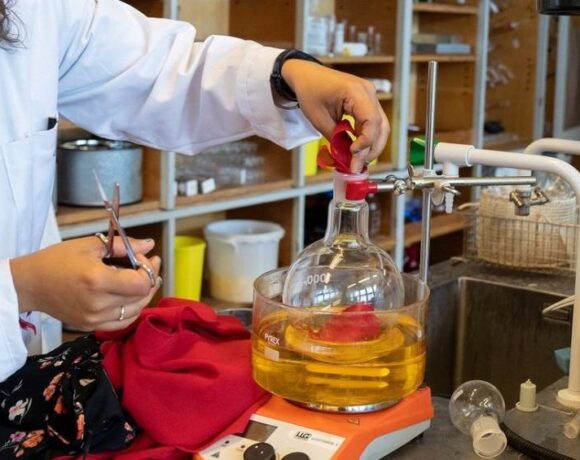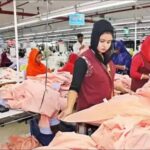New NSF Center Will Advance Textile Industry ‘Greening’

North Carolina State University will serve as a core partner on a regional research effort to advance environmental sustainability by recycling waste materials into fibres for new textiles.
This was announced by the National Science Foundation (NSF) and the effort will receive up to US $15 million for two years and up to $160 million over 10 years.
It will be led by the Industrial Commons, a non-profit organisation with a strong reputation within the textile sector for being a hub of rural innovation with deep local, national and sectoral knowledge.
The North Carolina Textile Innovation and Sustainability Engine aims to revolutionise the $96 billion textile industry, driving advances in smart textiles, wearable technology, medical and protective textiles.
The Engine’s region of service encompasses the textile supply chain covering central and western North Carolina, and stretches into upstate South Carolina, eastern Tennessee and southern Virginia.
It will also look for ways to capture and process post-consumer waste at scale, and then process that waste into the building blocks that can become fibres for new textiles.
This includes an emphasis on increasing product durability, expanding repair capabilities to keep products in use and developing better systems and processes for textile reclamation.
The Engine will also focus on increased reuse of materials including additional material from the landfill and toward downcycling options such as production of nonwovens.
It will research and advance additive chemistries (including PFAS), new materials, manufacturing and operations, and chemical and mechanical recycling.
The Engine will also be forward looking seeking applications for fibre-based materials used in wind turbine blades or health monitoring of roadways; bridges and structural components.
It will also seek to find applications for nanofibres used in battery components such as the separators, anodes and cathodes to improve storage performance; and geotextiles used in hardscape and landscape.
The region boasts the largest concentration of textile workers in the US with more than 27,000 workers and an additional 30,000 employees in adjacent industries, spanning almost 2,000 companies.














